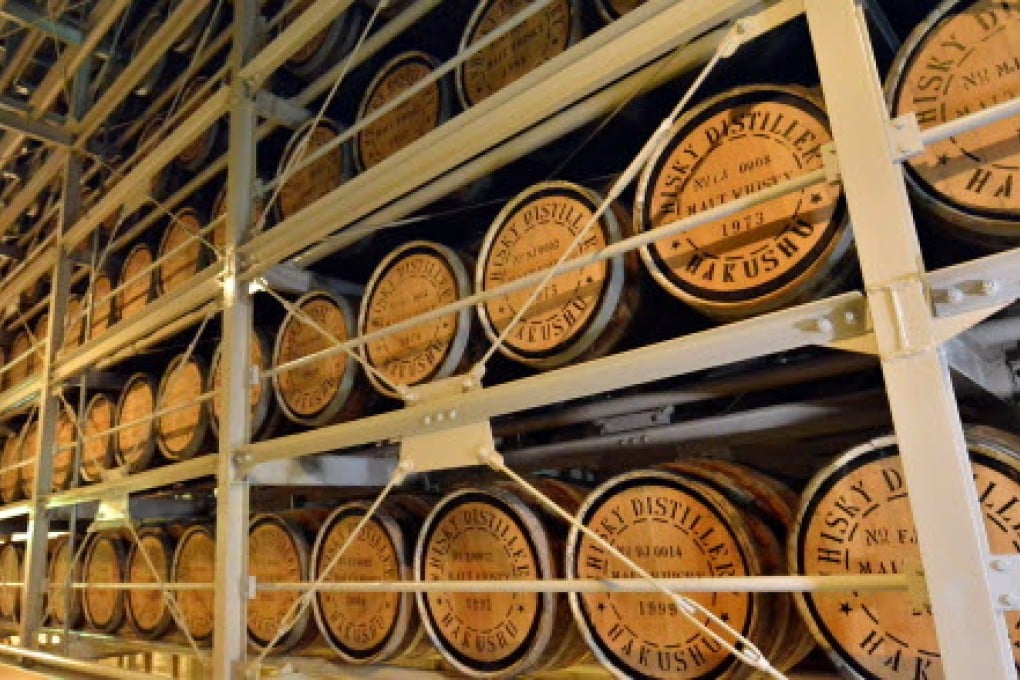
The anti-corruption campaign on the mainland may have wreaked havoc on the market for high-end baijiu and the Chateau Lafites and Margots of the world but premium whiskies have been mainly able to escape the heat, thanks largely to the fact the spirit never took off in the same way in China, or at least not yet.
In July, Rickesh Kishnani, chief executive of the Platinum Whisky Fund, teamed up with David Robertsen, the former Macallan and Dalmore master distiller, to launch the first fund in the world solely devoted to the drink.
Speaking with the South China Morning Post eight months after launch, Kishnani said the fund had raised just under US$5 million, with a collection of around 4,000 bottles. The goal is to raise US$10 million by June.
We’ve had several people who don’t drink and do it completely for investment potential
While most of the fund’s investors are in Hong Kong and all are individuals – a function of where Kishnani’s network is focused – he said there had been an uptick on the mainland lately.
“Interestingly, in the last two months, there’s been a little bit more interest from mainland investors. People who have large businesses in mainland China,” he said.
Platinum Whisky Fund tells investors it expects a return of 15 per cent to 20 per cent a year, which it distributes in the form of a dividend, but so far it has beat its own target.
“Looking at the first six months of deployment, which was end of July 2014 comparing our purchasing price to December, to the hammer price that we saw at UK auctions, it is 23 per cent,” Kishnani said.
Research from Rare Whisky 101, a consultancy cofounded by Robertsen which analyses the sale and purchase value of every bottle of rare Scotch whisky sold at British auctions, a benchmark for the global market, shows the number of single malt bottles sold last year leapt by 68.22 per cent to 33,998 while the value rose similarly by 69.37 per cent to £7.656 million (HK$88.12 million).
